The mobile emulation scene just watched a rocket launch, then burn up on reentry. Eden launched on August 19 with the promise of bringing legitimate Nintendo Switch emulation to mainstream Android users. For a brief stretch in late 2024, it looked real. The app surged past 100,000 downloads with glowing reviews, then vanished from Google’s Play Store.
What made Eden’s rise feel different was how public it was. This was not a sketchy sideloaded app hiding in a forum. It sat in the Play Store, downloadable like any other game. The timing added extra drama, right as mobile emulation started getting real traction in official channels. For a second, it felt like a turning point. Then, the rug.
Eden’s brief but impressive run
So, why did Eden matter while it lasted? It was a fork of the now-defunct Yuzu emulator, reimagined for phones instead of desktops. The developers did not pitch it as a quick port; they said Eden focused on “high performance without compromising aesthetics, compatibility, or stability,” a bold bar for mobile emulation.
Real users backed that up. Some users and reviewers reported strong performance on flagship phones such as the Galaxy S25 Ultra, which is a tough proving ground for any emulator. And unlike clunky desktop-first ports, Eden leaned into phones, not around them. It shipped with a touch-first UI that actually felt built for mobile.
The hardware bar told its own story about where mobile gaming is headed. Eden required Android 11 or newer with 8GB RAM and a Snapdragon 865 or higher for best results, specs that place it alongside premium mobile titles like Genshin Impact or Call of Duty Mobile. In other words, it was made for enthusiasts who treat a phone like a console, not for casual dabblers.
What made Eden different from other emulators?
Eden’s architecture signaled ambition. The team described it as an experimental open-source emulator written in C++ with cross-platform support for Windows, Linux, FreeBSD, Solaris, OpenBSD, and Android. That kind of reach usually belongs to commercial software, not weekend projects.
Then there was ergonomics. It offered native support for Bluetooth controllers from Xbox, PlayStation, and popular third-party pads. Pair a controller, prop up the phone, and suddenly a slab of glass felt like a living room console.
Performance wins showed up where enthusiasts always look first. Eden brought better compatibility in heavy hitters like Zelda: Tears of the Kingdom and Pokémon Scarlet. When those titles run well, an emulator stops feeling like a tech demo and starts feeling real.
Maybe best of all, the developers were unusually candid about what Eden could and could not do. No coy dance around capabilities, no smoke and mirrors. Just straight talk.
The legal tightrope that emulators walk
Here is the tricky part. Legally, the rules are simple on paper. Eden was legal when used responsibly, meaning users needed to dump firmware and game files from hardware they own. The app was a platform, not a piracy bundle, and users had to provide their own firmware keys and software for it to function.
Reality bites harder. Nintendo’s legal push shuttered the Yuzu Switch emulator and the Citra Nintendo 3DS emulator, which set a chilling precedent that goes beyond direct infringement and into the gray of enabling emulation.
For platforms like Google, the math is blunt. Even if an emulator threads the legal needle, the threat of costly legal fights with a company like Nintendo is enough to keep store shelves clean of controversy. This is less a question of right and wrong, more about risk budgets and how much appetite a platform has for defending complex software.
What this means for mobile emulation’s future
Eden’s arc shows the promise and the limits. On the tech side, its very presence in the Play Store felt like a legitimizing moment. The fast climb past 100,000 downloads proved there is real, pent-up demand for mobile emulation done the right way.
The hardware side only strengthens that case. Modern flagship phones rival the Switch, and Eden’s touch-friendly UI proved the experience gap is closing. From a pure technical viewpoint, the pieces are on the table.
The roadblock is policy and business, not silicon. And here is the twist: even as Apple relaxed App Store rules and iOS emulators have started popping up, Android’s more open image has not translated into a warmer welcome. That mismatch says a lot about platform calculus and how “openness” bends under pressure.
So where does that leave us? In a moment where the tech is racing ahead, and the guardrails are still being installed. Eden hinted at a best-case future for mobile emulation, technically sharp and user-friendly, commercial enough to go mainstream. Whether the next project can survive the non-technical gauntlet will decide if emulation finally moves into the spotlight or keeps living in sideloading, forums, and the shadows between official storefronts.







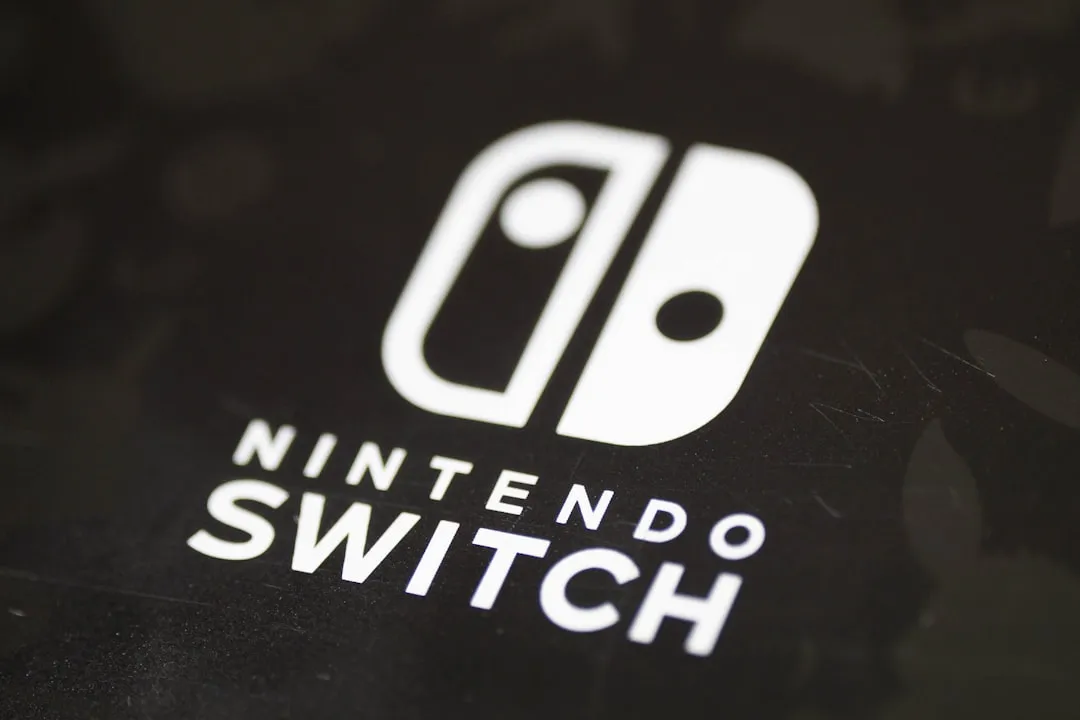




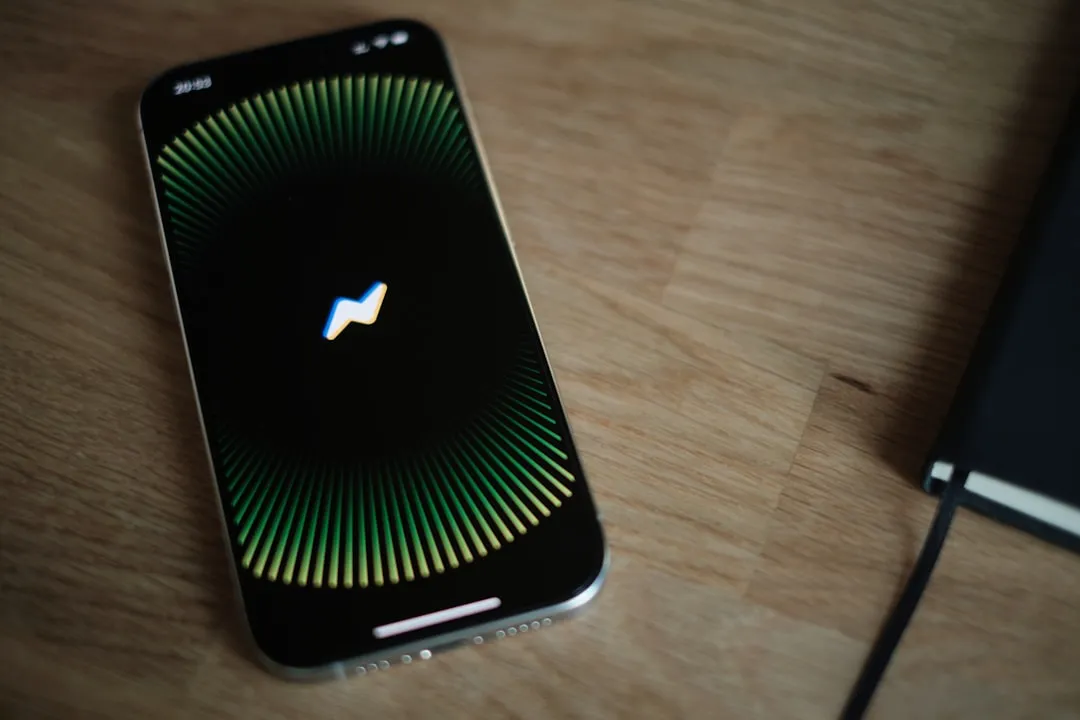

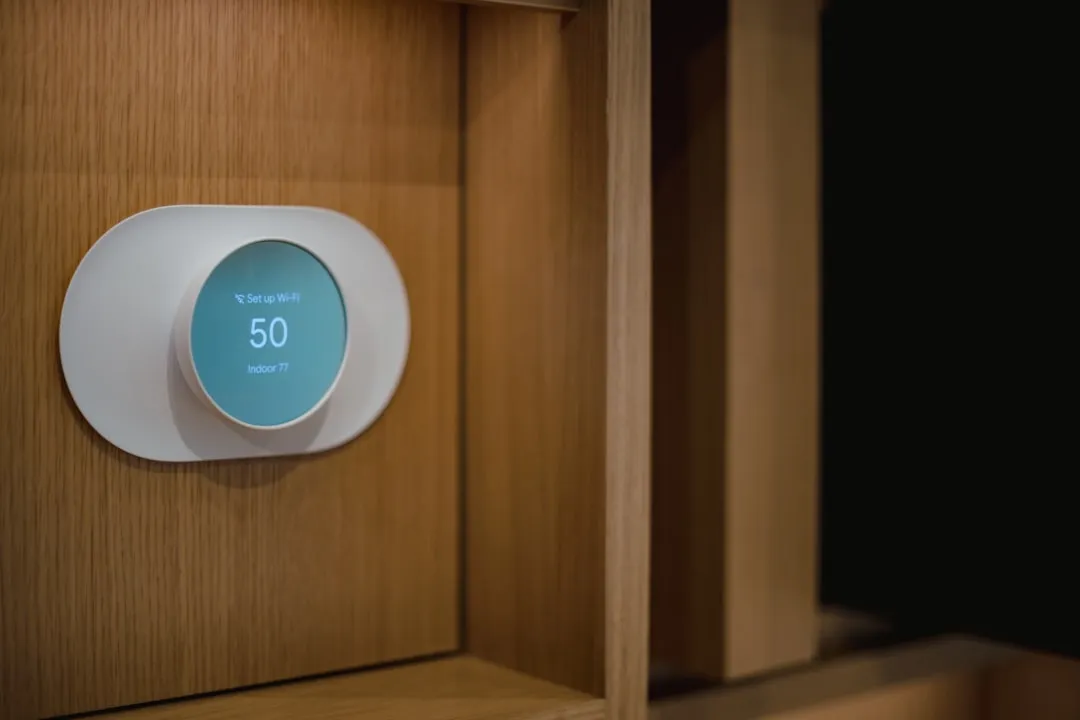

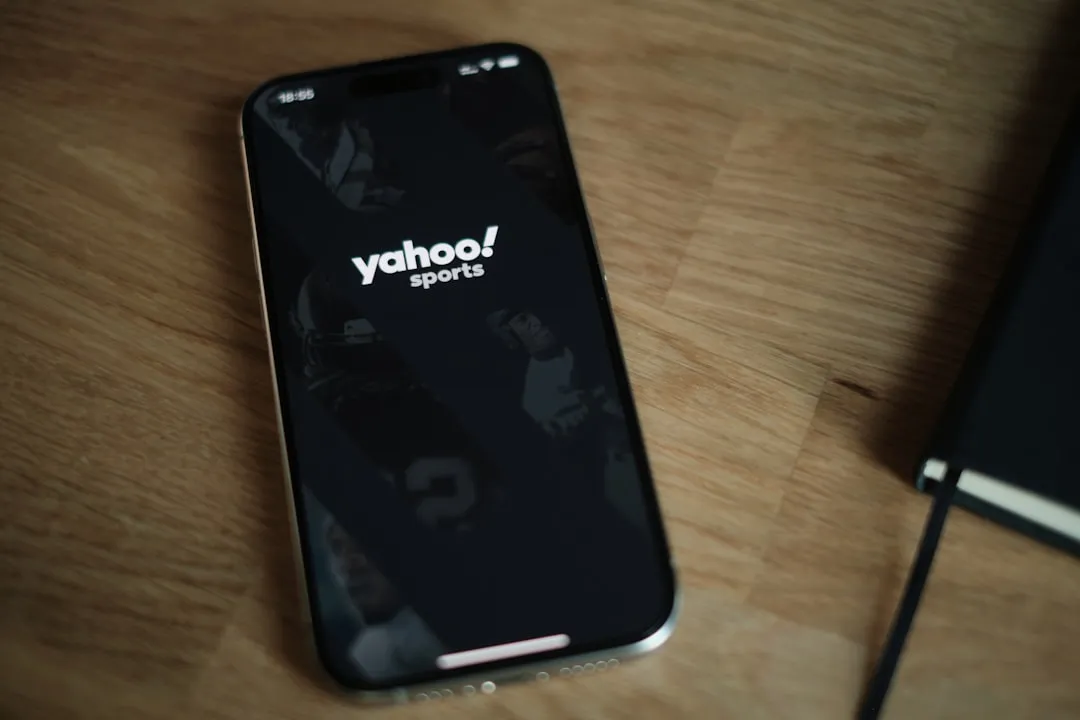
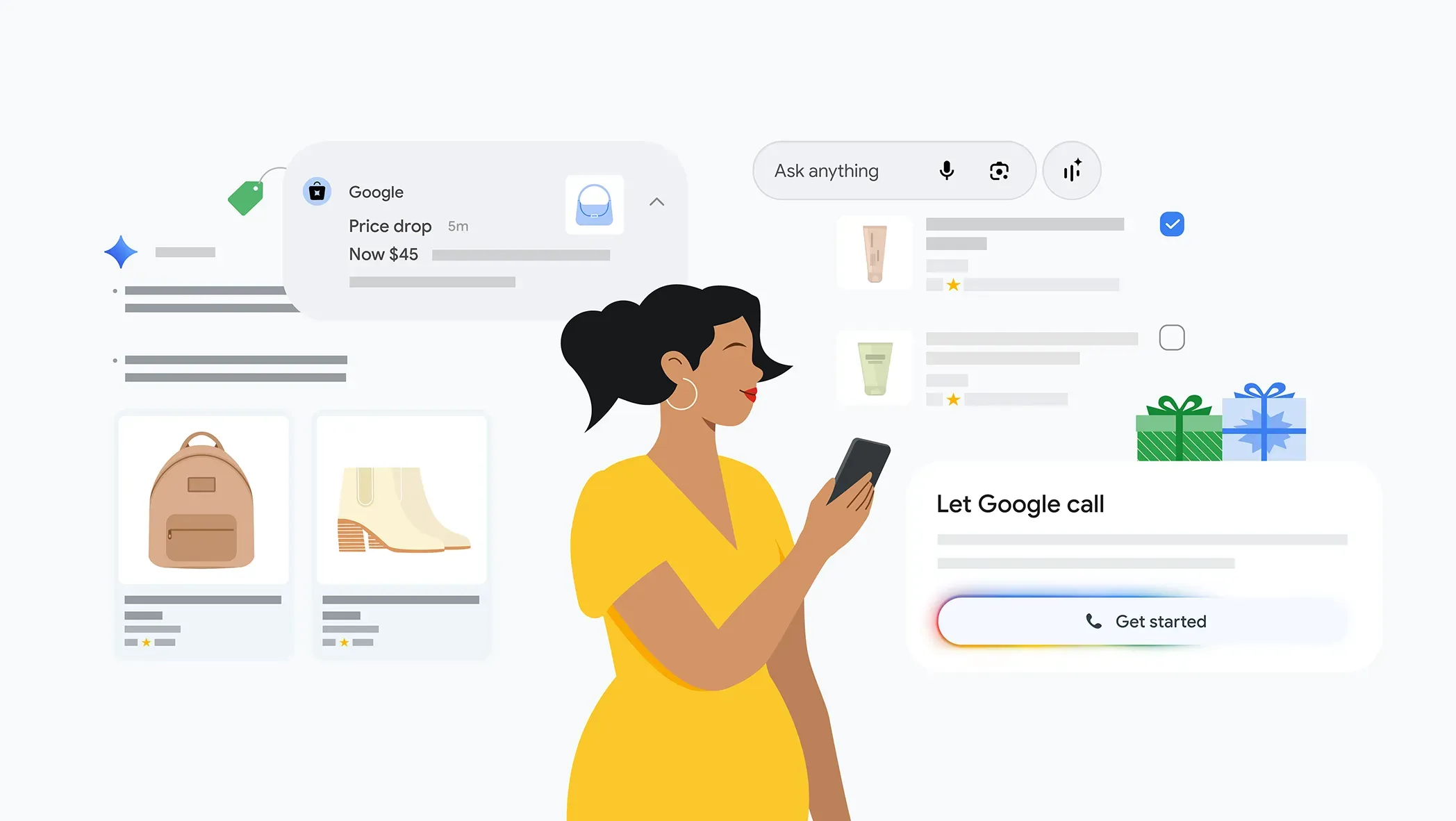
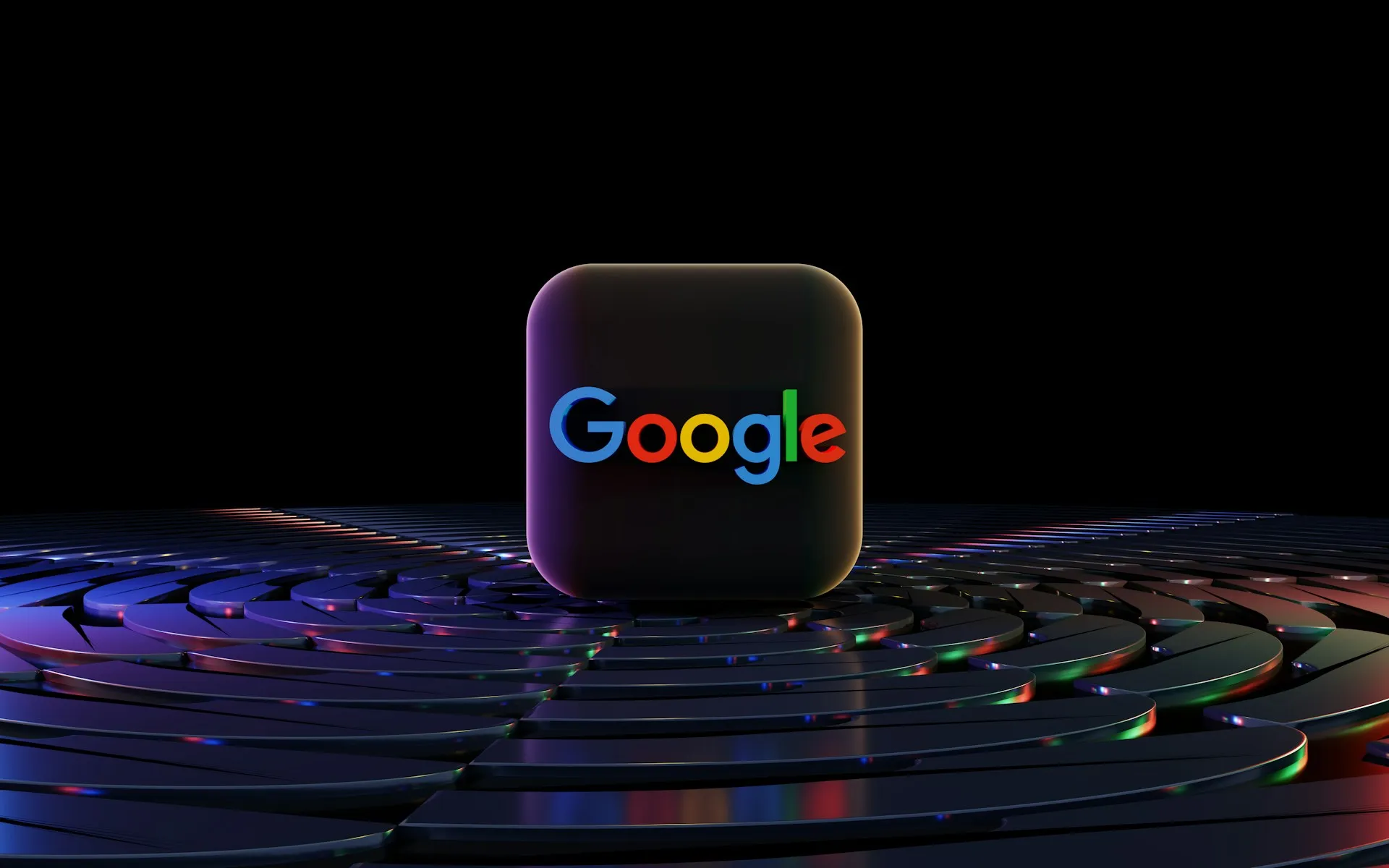
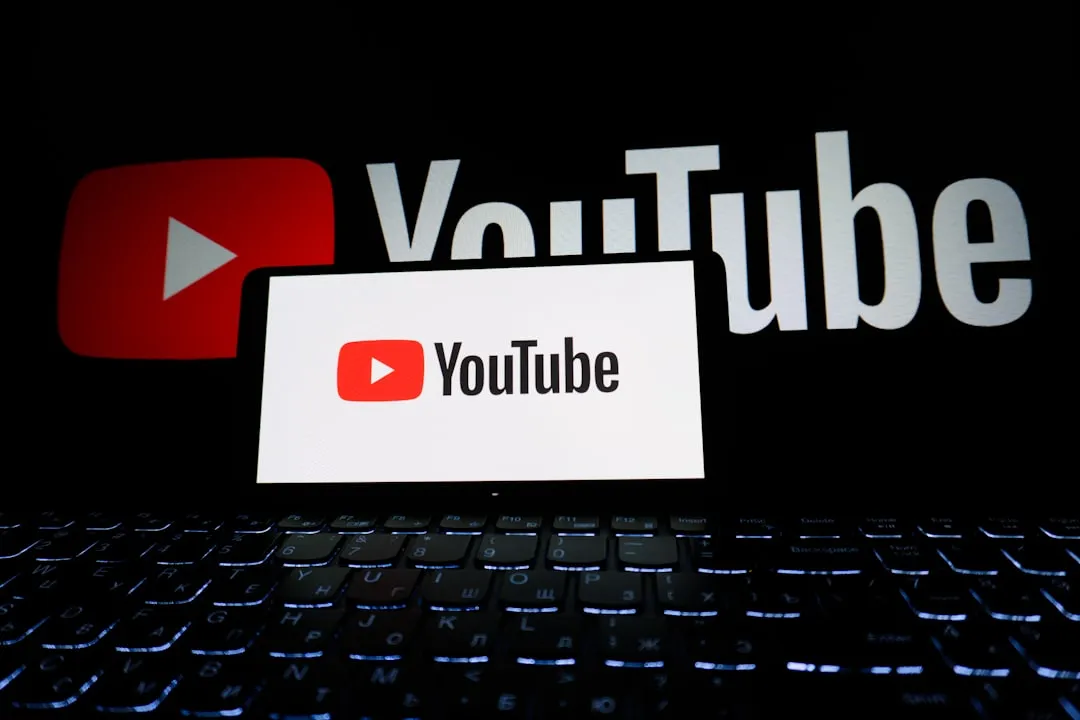

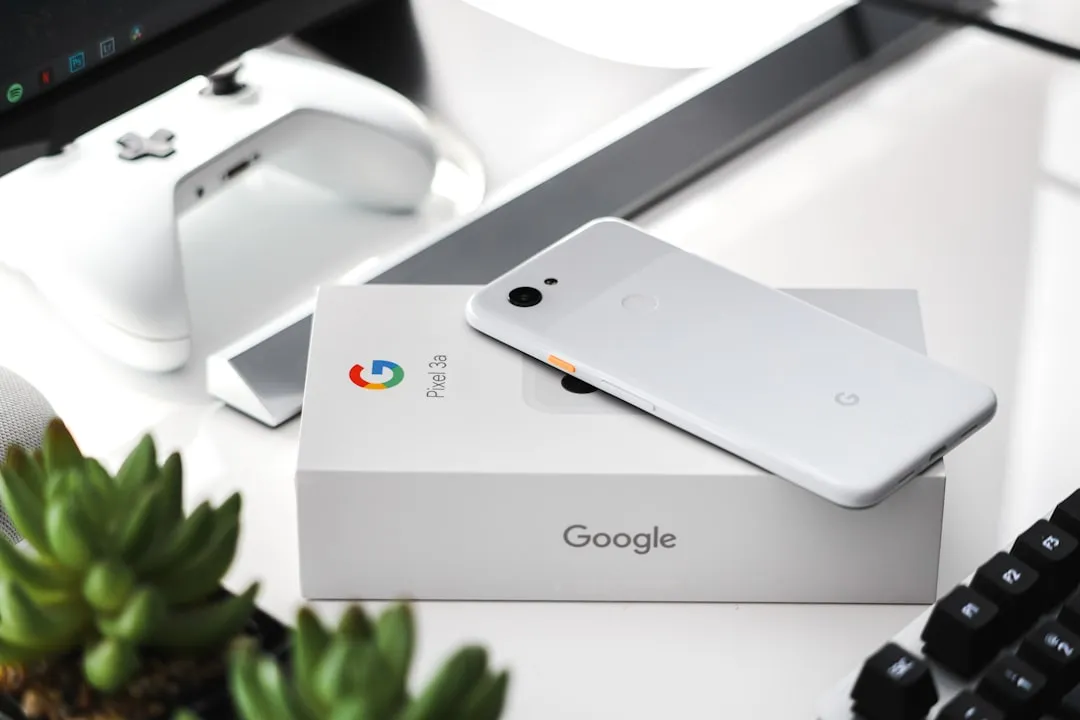

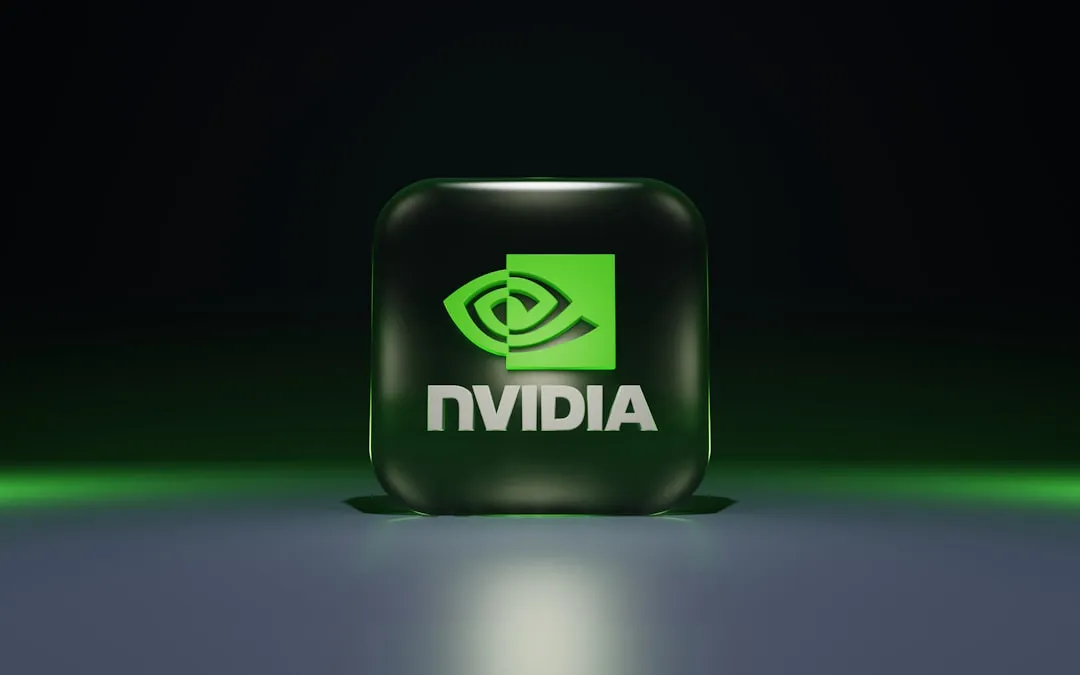


Comments
Be the first, drop a comment!